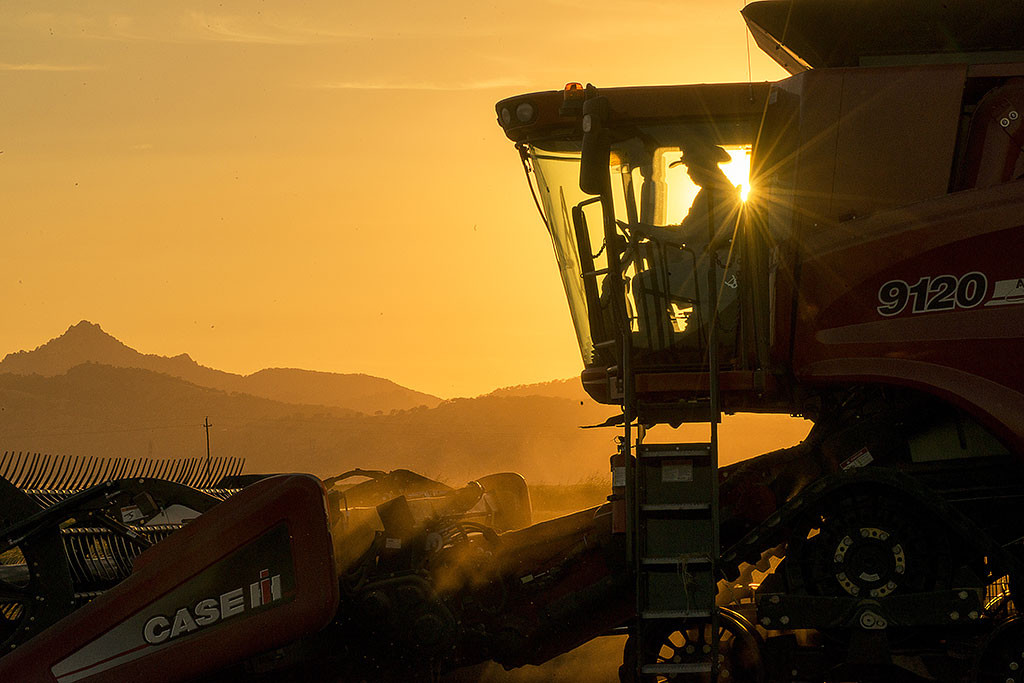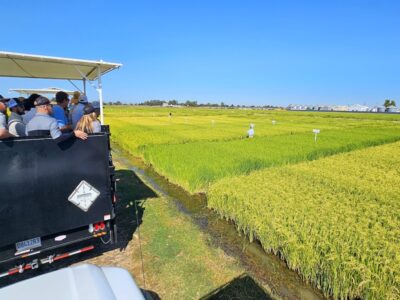CDFA will send ballots June 4 to all producers and all handlers, asking the industry to vote on an increase in the assessment cap from $0.15 per hundredweight to $0.20 per hundredweight. The increase in the assessment cap is expected to provide up to nine years of operations for the Commission while continuing the Rice WDR and other regulatory compliance programs. The assessment rate will be set annually based on planted acres, increased costs and reserve levels.
In order to pass, the major amendment at least 40 percent of the California rice handlers on record and 40 percent of the California rice producers on record must cast valid ballots, and one of the following must occur for both handlers and producers:
- At least 65 percent of the eligible entities who vote in the referendum must vote in favor of the proposal, and they must represent the majority of the total voted quantity of the commodity produced/handled in the preceding marketing season, OR
- The majority of the eligible entities who vote in the referendum must vote in favor of the proposal, and they must represent at least 65 percent of the total voted quantity of the commodity produced/handled in the preceding marketing season.




